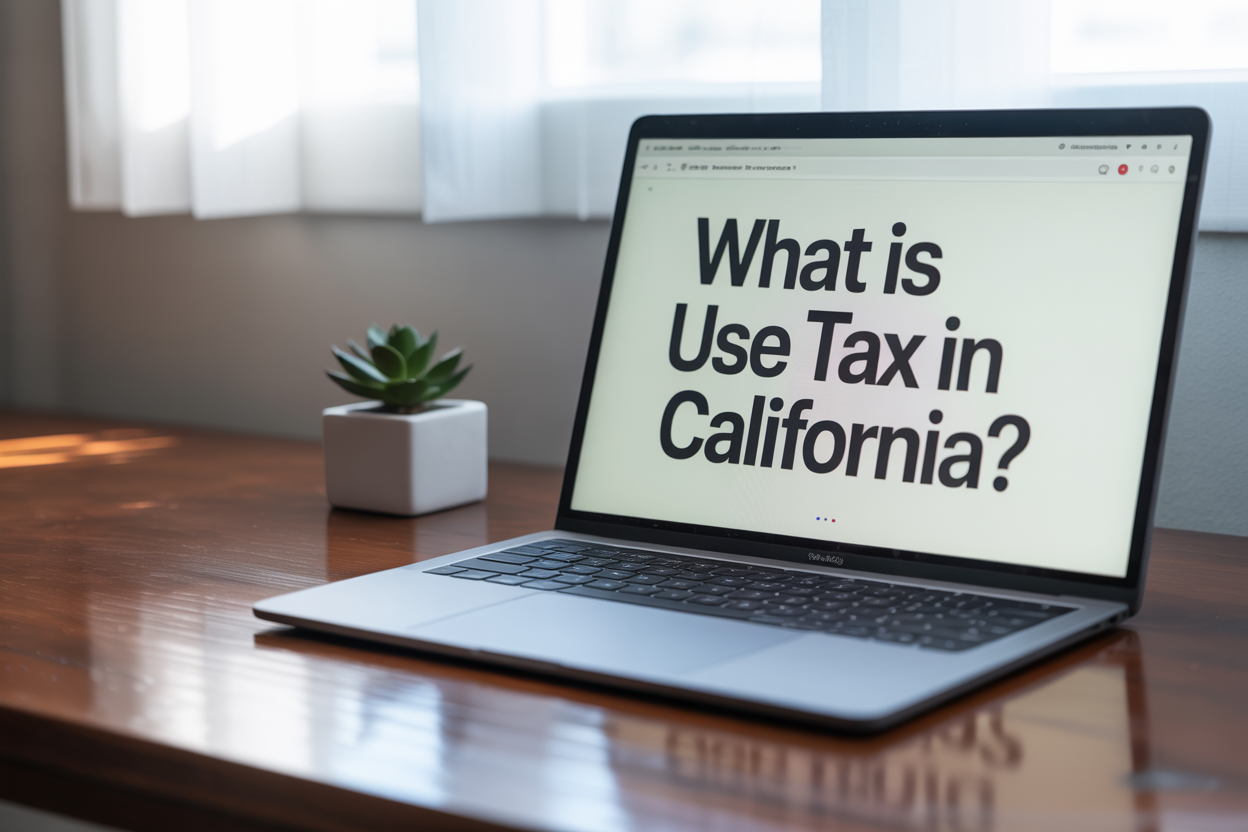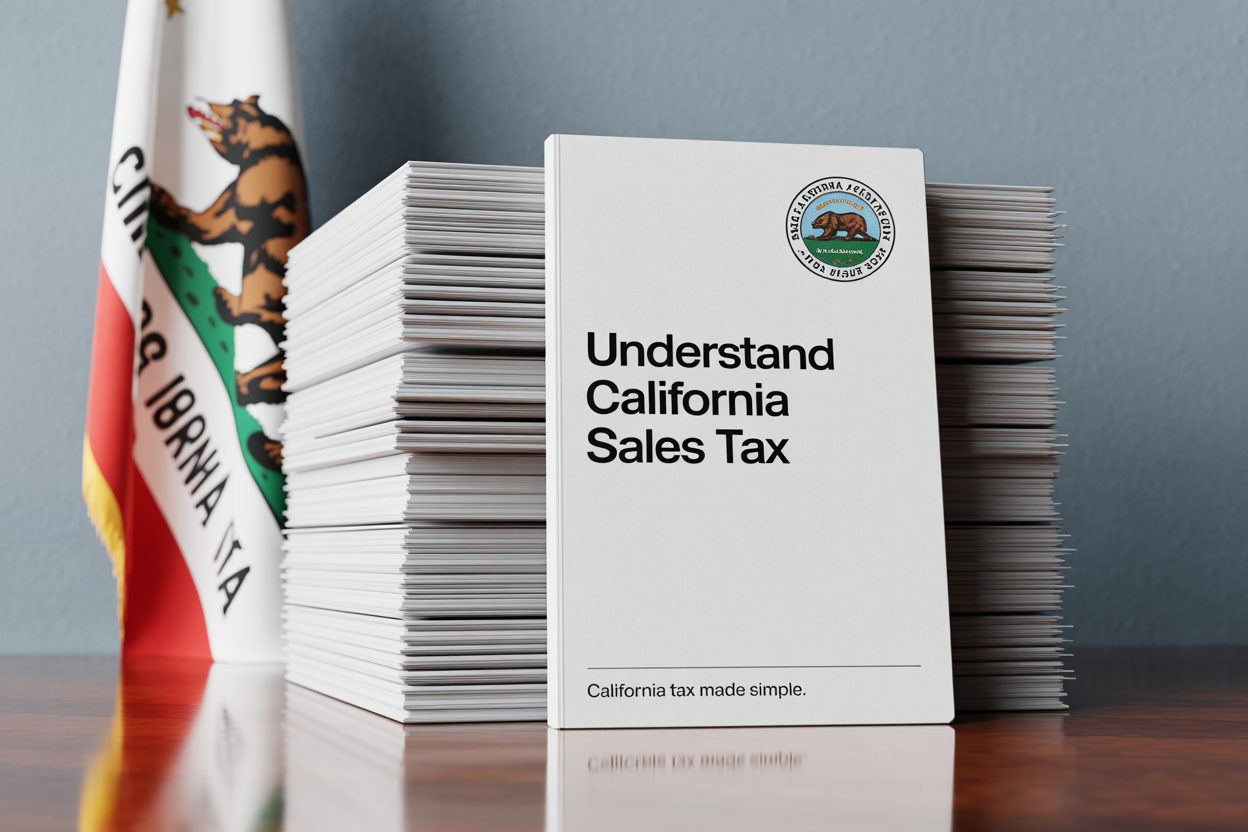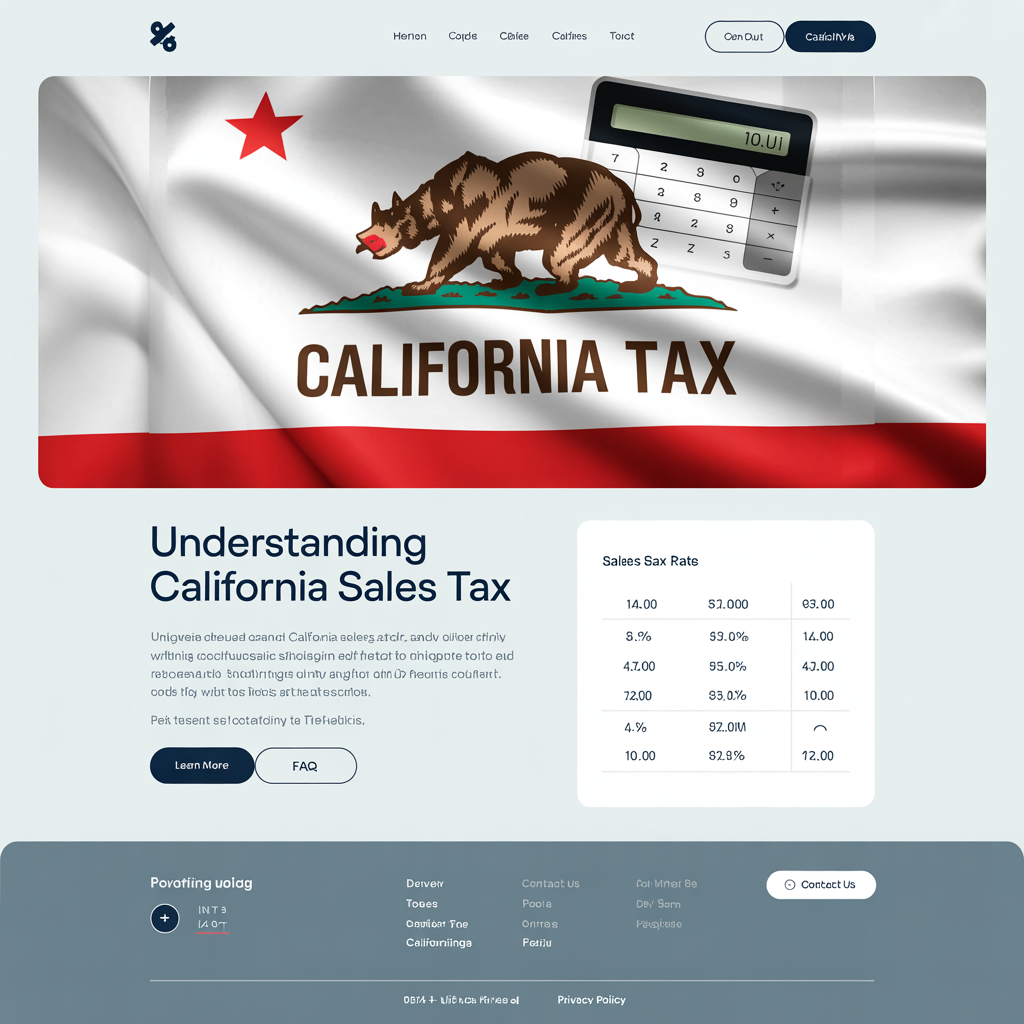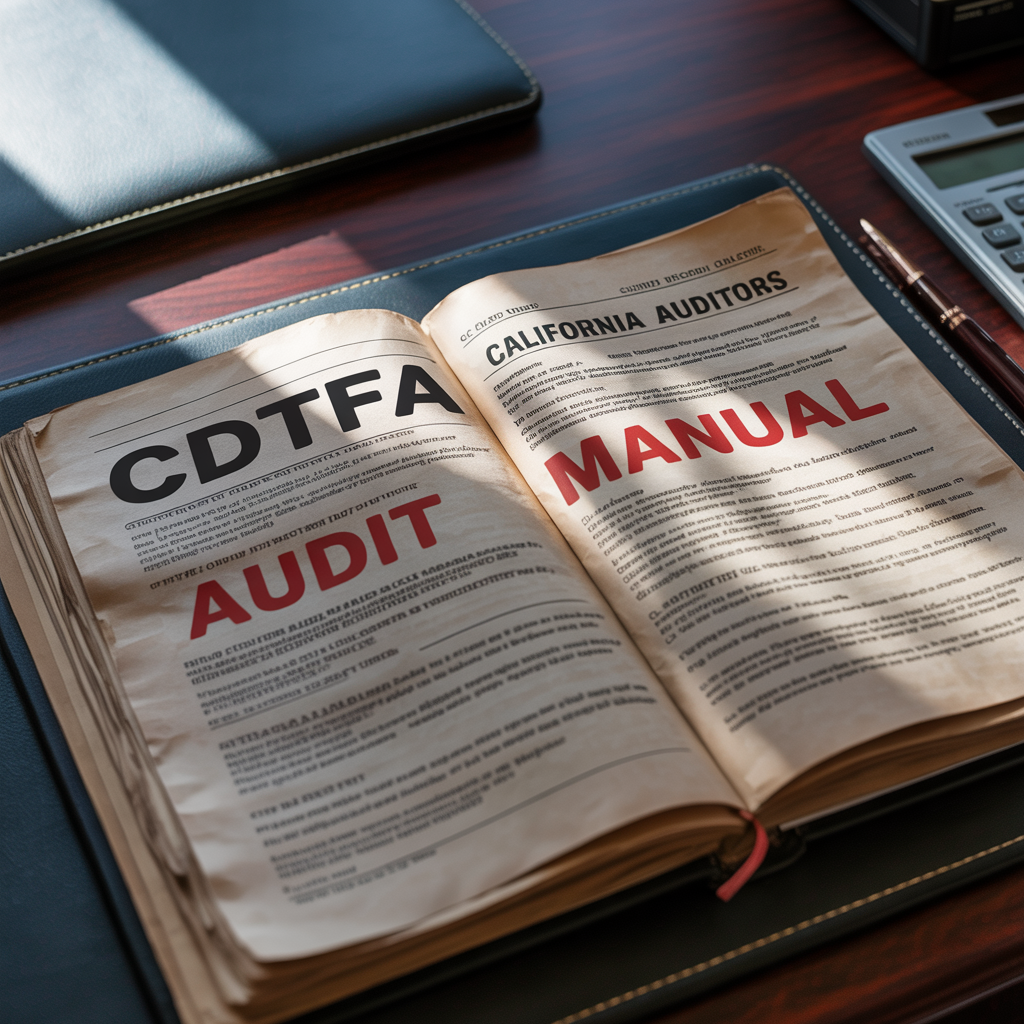How to Get Audit Penalties Abated with the CDTFA
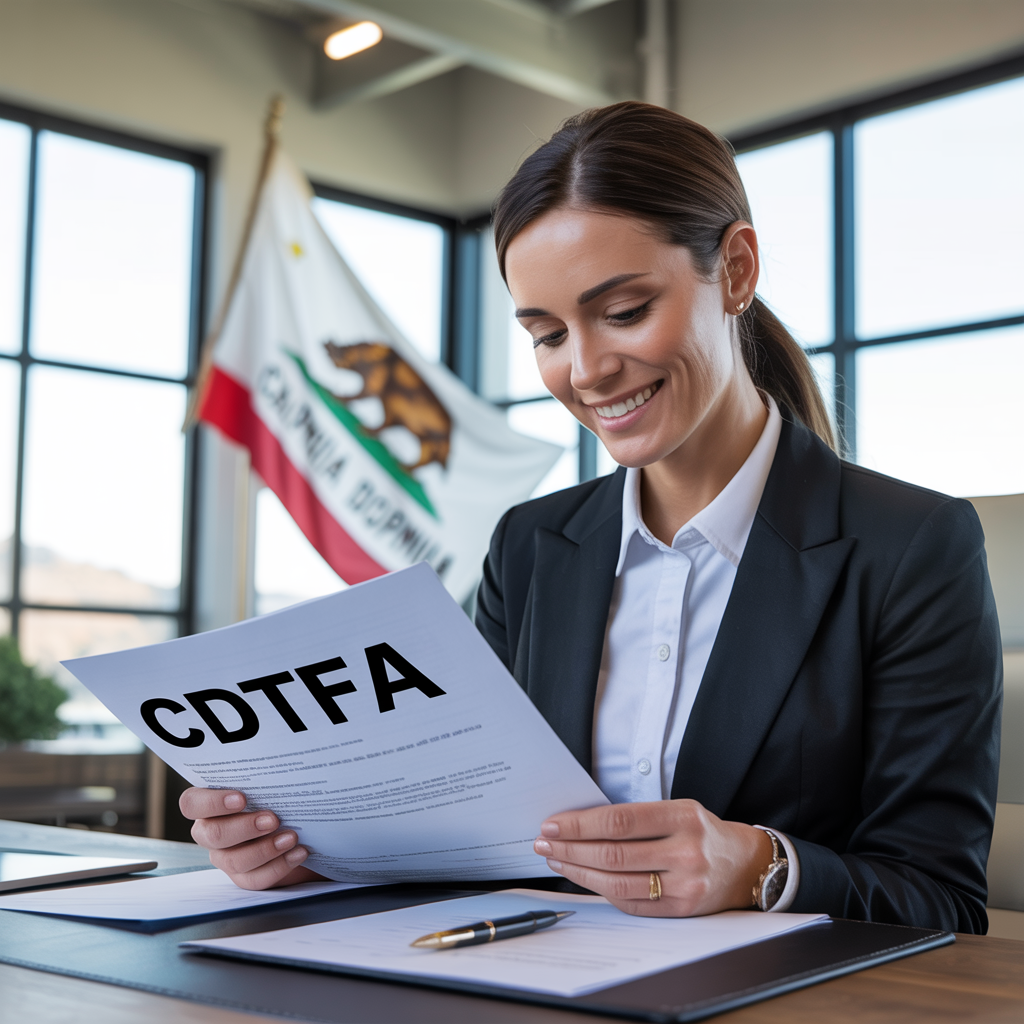
If you've been audited by the California Department of Tax and Fee Administration (CDTFA) and received a hefty assessment, chances are that the final amount includes not just tax—but also penalties and interest.
The CDTFA is notorious for stacking penalties on top of already large sales tax debts. In many cases, penalties account for 20% to 50% of the total bill. But here’s what most business owners don’t know: you may be able to get those penalties reduced—or removed entirely.
At Boulanger CPA and Consulting PC, we focus on sales tax audit defense in California. We help businesses fight unfair CDTFA assessments and pursue penalty relief options that many taxpayers don’t even know exist.
What Penalties Does the CDTFA Assess?
Common CDTFA penalties include:
| Penalty Type | Amount |
|---|---|
| Negligence Penalty | 10% of tax due |
| Late Filing Penalty | 10% of tax due |
| Late Payment Penalty | 10% (plus monthly interest) |
| Failure to File | Up to 25% of tax due |
| Fraud Penalty | 25%–40% (plus risk of criminal referral) |
| Finality Penalty | 10% additional if the audit becomes final without payment |
These penalties stack. For example, a $100,000 tax bill can easily become $130,000–$160,000 with penalties and interest.
When Can You Request Penalty Abatement?
Penalty abatement can be requested:
- Before the audit is final
- After the audit assessment becomes final, through a
relief request
- As part of a
settlement negotiation with CDTFA or during the appeals process
You’ll need to show that the penalty was inappropriate, excessive, or that you had reasonable cause for the underlying issue.
Penalties You Can’t Remove Easily
- Interest is generally not abatable (unless due to CDTFA delay)
- Tax due is not removable unless you win at appeal or protest
- Fraud penalties are extremely hard to remove unless the fraud allegation is dropped
Valid Reasons for Penalty Abatement
The CDTFA may grant relief if:
1. You Had Reasonable Cause
You made an honest mistake, had a system error, or relied on professional advice.
Examples:
- Bookkeeper filed wrong return
- POS system misreported sales
- Pandemic-related business disruption
- Inherited recordkeeping mess from a prior owner
2. You Acted in Good Faith
You filed returns or made payments late, but were not intentionally avoiding tax.
3. First-Time Offense
You have no prior audit history or have filed properly in the past.
4. Natural Disaster or Emergency
Fire, flood, medical emergency, or other events outside your control disrupted operations.
How to File a CDTFA Penalty Abatement Request
To request penalty relief, you can:
- Submit Form CDTFA-735 –
Request for Relief from Penalty and Interest
- Include a
detailed explanation of why the penalty should be removed
- Provide
supporting documentation (emails, reports, contracts, system logs, etc.)
- Have a
CPA or attorney submit the request on your behalf
The CDTFA may contact you for more information or issue a written response.
Bonus Tip: Use the “Relief from Finality” Tool if Needed
If your audit has already gone final and you failed to respond in time, you may still be able to:
- File a
petition to reopen the case
- Request
relief from finality penalties under CDTFA's internal guidelines
We’ve used this successfully in cases where clients missed notices or were improperly served.
Real Example – Penalty Reduced from $42,000 to $4,200
A client in Orange County was assessed nearly $130,000 in sales tax, penalties, and interest after a CDTFA audit. We challenged the 10% negligence penalty and proved that the discrepancy was due to a POS error. The CDTFA abated 90% of the penalty—saving the client over $37,000.
This type of case often requires negotiating a CDTFA audit balance with state officials, ensuring the outcome is manageable for the business owner.
Local Help with CDTFA Penalty Relief
We’ve helped business owners in:
- Orange
- Santa Ana
- Costa Mesa
- Anaheim
- Riverside
- San Diego
…and throughout California. Many of these cases also involve overlapping issues like California FTB penalty relief options, which we evaluate alongside CDTFA strategies.
Want to Remove CDTFA Audit Penalties? Let’s Talk.
You don’t have to accept the CDTFA’s penalty numbers as final. Let us evaluate your case and file a strategic relief request on your behalf.
For more strategies and insights, you can always explore more in Defend What’s Yours, our resource hub for California business owners facing tough tax audits.
📞 Call (657) 218-5700 or Schedule Your Consultation Now
Frequently Asked Questions
What is penalty abatement with the CDTFA?
Penalty abatement is when the CDTFA reduces or removes penalties assessed during a sales tax audit if you can show reasonable cause for the errors.
What qualifies as reasonable cause for penalty relief?
Reasonable cause includes natural disasters, serious illness, reliance on incorrect professional advice, or circumstances outside your control.
Are penalties automatically waived if I explain my situation?
No. You must file a formal request with supporting documentation proving why penalties should be reduced or removed.
Can CDTFA penalties double my balance?
Yes. Penalties can quickly add up, sometimes doubling the sales tax liability if not challenged or reduced through abatement.
Does penalty abatement remove interest too?
No. Interest generally continues to accrue until the balance is paid, though penalty abatement reduces the overall cost.
Can I appeal if my penalty abatement request is denied?
Yes. You can appeal through the CDTFA or the Office of Tax Appeals if your initial abatement request is rejected.
Should I hire a CPA for CDTFA penalty abatement?
Yes. Professional representation ensures your abatement request is supported with the strongest documentation and defense strategy.
other articles of interest
📣 About the Author
Marc Boulanger, CPA is the founder of Boulanger CPA and Consulting PC, a boutique tax resolution firm based in Orange County, California and trusted by high-income individuals and business owners across Southern California.
He is the author of Defend What’s Yours: A California Taxpayer’s Guide to Beating the IRS and FTB at Their Own Game, available now on Amazon. The book offers a step-by-step plan for resolving IRS and FTB tax debt without losing your business, your home, or your peace of mind.
With over a decade of experience resolving high-stakes IRS and State tax matters, Marc brings strategic insight to complex cases involving wage garnishments, bank levies, unfiled returns, and six-figure tax debts. He is known for helping clients reduce or eliminate tax liabilities through expertly negotiated settlements and compliance plans.
Marc is a Certified Public Accountant licensed in California and Oklahoma and holds the designation of Certified Tax Representation Consultant. He is a member of the American Society of Tax Problem Solvers (ASTPS) — the national organization founded by the educators and practitioners who have trained thousands of CPAs, EAs, and tax attorneys in IRS representation strategy.
Every case is handled with discretion, proven methodology, and direct CPA-led representation — not call center scripts.
📍 Learn more at www.orangecounty.cpa or call (657) 218-5700.

